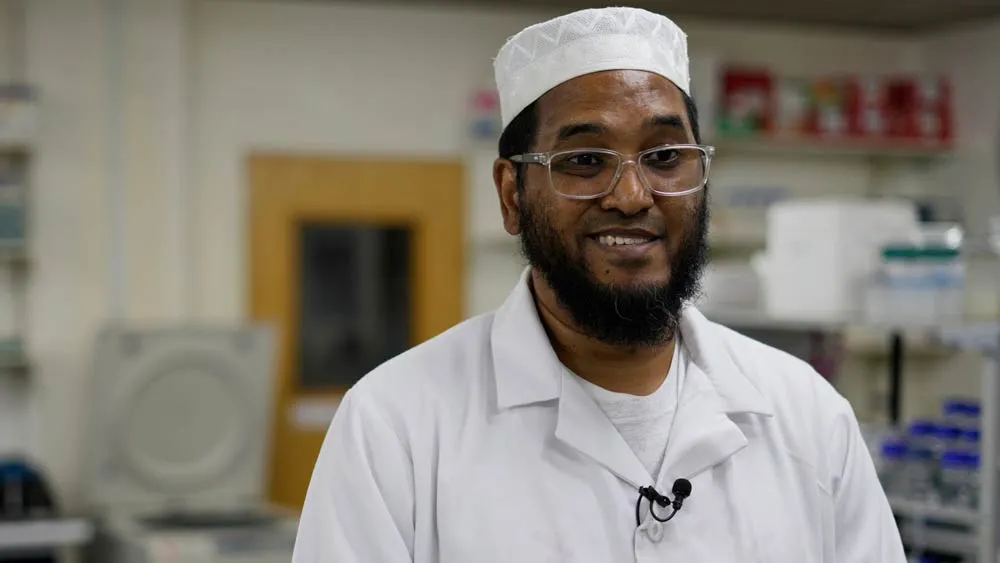December 31, 2015
Gonorrhea Becoming Untreatable, Warns England's Chief Medical Officer
EDGE null READ TIME: 2 MIN.
Gonorrhea is at risk of becoming an untreatable sexually transmitted disease, said England's chief medical officer.
In a December 27 article in the UK Guardian, Dame Sally Davies has written to all the pharmacies to ensure they are prescribing the correct drugs, after the September warning and national health alert showed the rise of a very highly drug-resistant strain of the infection.
"Gonorrhea is at risk of becoming an untreatable disease due to the continuing emergence of antimicrobial resistance," Davies writes. "[It] has rapidly acquired resistance to new antibiotics, leaving few alternatives to the current recommendations. It is therefore extremely important that suboptimal treatment does not occur."
At least 16 cases of "super-gonorrhea" have been detected by Public Health England (PHE) since March. The strain, which is resistant to the first-line antibiotic azithromycin, was first reported in Leeds in March. All of the cases were reported to involve heterosexual patients, and some people have reported partners from other parts of England.
Without treatment, gonorrhea can lead to serious long-term health problems, including infertility and potentially life-threatening pelvic inflammatory disease in women. In pregnant women it can also cause permanent blindness in a newborn.
Almost 35,000 cases of gonorrhea were reported in England last year and it is the second most common bacterial sexually transmitted infection (STI) in the UK after chlamydia. The majority of cases affect people under the age of 25. Infected patients may experience discharge or pain while urinating, but about 10 percent of men and almost half of women do not suffer any symptoms.
And research suggests that some docs are prescribing antibiotics like ciprofloxacin that no longer work for people with gonorrhea, raising the chances that drug-resistant forms will spread.
Market Watch reports that this untreatable form of gonorrhea may even show up in the U.S. Treatment of normal gonorrhea with only one medication, cefixime -- which the CDC once recommended but no longer does -- can result in antibiotic-resistant strains of the disease, a concern that prompted the letter from Davies.
Gonorrhea samples that have some cefixime resistance have been identified in "a few sporadic samples" from the U.S., the CDC said.
So while it's possible super gonorrhea could exist or develop in America, the dual antibiotic treatment still works here - for now.
The bad news is that if a strain of antibiotic-resistant gonorrhea should develop or rear its head in the U.S., there's not a lot that can currently be done.
Other than abstinence, the best weapons against gonorrhea - the second most common STI after chlamydia - are condom use, which reduces the risk, and regular STI screenings, especially since many people with gonorrhea don't show symptoms and thus may not know they have the disease.







